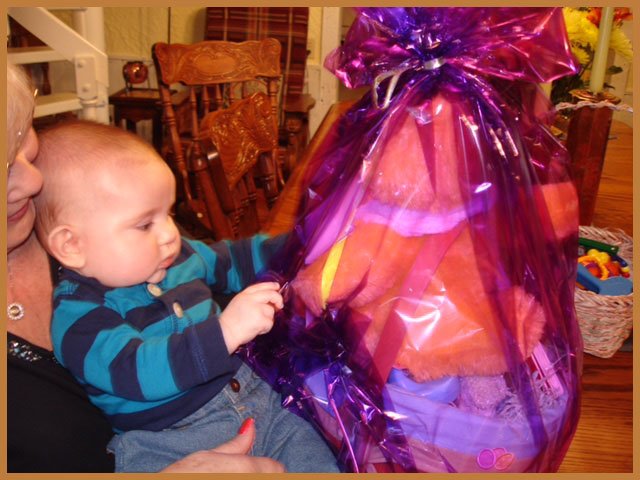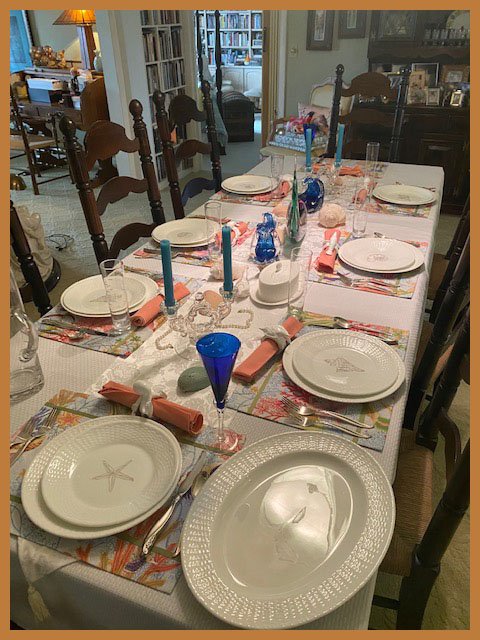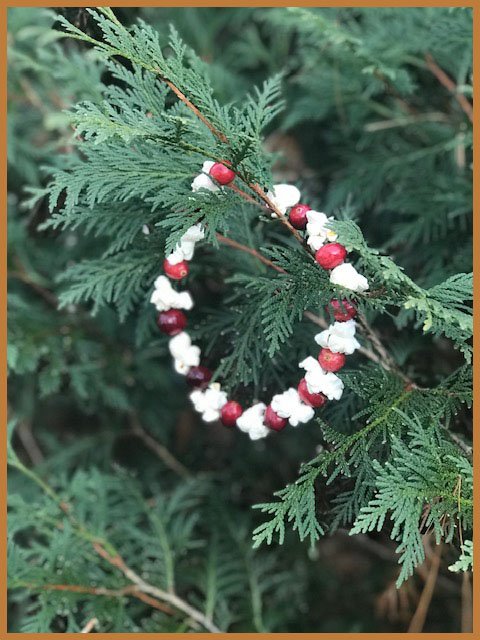The names and faces of Christian artists, musicians, and speakers you have come to love are well known to you because the place God called them to serve happens to be visible. You see them on TV, listen to their music in the car on your favorite platforms, and have their books in your home.
But it is important to remember that there are no “status jobs” in the Kingdom of God. “Visible” and “significant” are not necessarily synonyms. For every one of us, if we have any worth, we are where we are because some truly significant people crossed our paths along the way and helped us grow, gave us support, taught us to forgive. Their faces never appeared on television; if we “googled” them, we probably wouldn’t come up with anything impressive or, more likely, anything at all. But they were life-changers on our journeys.
I think of people in my life whose names would not ring a bell for you, people like Mildred Shaffer, Louisa Bowler, Ann Smith, and Milton Buettner. Some were teachers who saw in me something I couldn’t see in myself. Others were those who through conversation and example gave me the belief that choices matter and every day faithfulness was never an exercise in futility.
Their significance wasn’t measured in hits or awards or positions on charts, but in kids loved, teen-agers encouraged, or dignity saved. These are the “heroes and the brave” in the trenches of regular life. They showed up for work, opened their homes, shared their pools and backyards, used their cars to haul kids to youth camp, or gave us advice we can never forget. And they taught us that if any of us are ever truly great, it will be for consistency, selflessness, and a generous spirit.
I’m thinking that this just might be a good day to celebrate those heroes in our lives, to take a few minutes to say by note, email, or phone call, “Thank you” to the not-so-visible giants who made a significant difference in our lives. If those life-shapers are not still living, maybe a note to their grown children would be in order, to let them know what their parent meant on our journey.







































































































